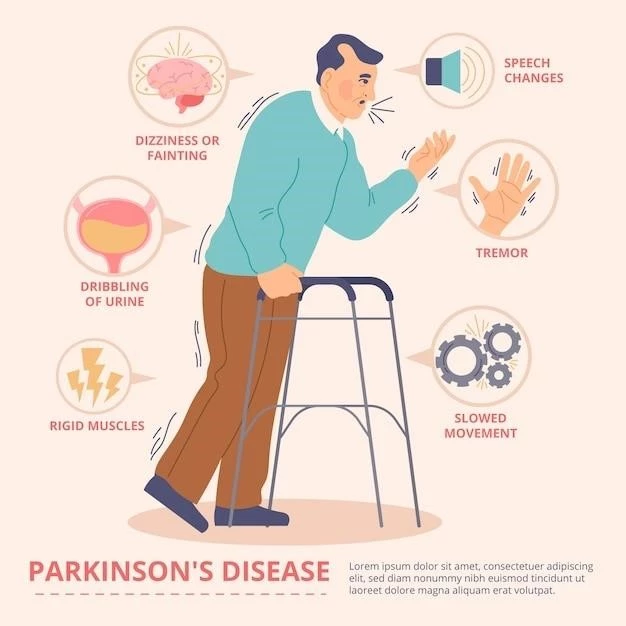Palindromic rheumatism (PR) is a syndrome characterized by recurrent‚ self-resolving inflammatory attacks in and around the joints‚ consisting of arthritis or joint involvement.
Palindromic rheumatism (PR) is a type of recurrent arthritis characterized by sudden-onset attacks of joint inflammation‚ often resolving spontaneously. The condition primarily affects the joints and surrounding soft tissues‚ causing episodes of acute arthritis and peri-arthritis. The distinct feature of PR is its intermittent nature‚ with symptoms coming and going unpredictably‚ making its diagnosis and management challenging.
Causes and Triggers of Palindromic Rheumatism
Palindromic Rheumatism (PR) episodes of joint pain and inflammation arise suddenly but resolve spontaneously without leaving lasting joint damage.
Factors Contributing to the Onset
Palindromic Rheumatism (PR) is believed to be triggered by a combination of genetic predisposition‚ environmental factors‚ and abnormal immune responses. Potential triggers like stress‚ infections‚ and hormonal changes may also play a role in initiating PR episodes.
Diagnosis and Diagnostic Criteria
Diagnosis of Palindromic Rheumatism involves recurrent sudden-onset joint inflammation episodes lasting hours to a week‚ verified by a physician‚ affecting multiple joints.
Definition and Characteristics
Palindromic Rheumatism is a condition marked by recurrent‚ self-resolving inflammatory attacks in and around the joints‚ consisting of arthritis or joint inflammation. These episodes are acute‚ with sudden and sporadic onset‚ making diagnosis challenging.

Treatment Options for Palindromic Rheumatism
The main treatment for Palindromic Rheumatism involves drugs to reduce pain and inflammation like NSAIDs.
Medications and Therapies for Managing Symptoms
Main treatment for Palindromic Rheumatism includes drugs for pain and inflammation like NSAIDs and steroids to manage symptoms during flare-ups.
Relationship Between Palindromic Rheumatism and Other Conditions
Palindromic Rheumatism is linked to autoimmune diseases like rheumatoid arthritis‚ often sharing similar symptoms and inflammatory processes.
Connection to Rheumatoid Arthritis and Autoimmune Diseases
Palindromic Rheumatism is closely linked to autoimmune conditions like Rheumatoid Arthritis due to shared symptoms and inflammatory mechanisms.

Research and Advancements in Palindromic Rheumatism
Recent studies explore the link between Palindromic Rheumatism and autoimmune diseases like Rheumatoid Arthritis to enhance treatment strategies.
Recent Studies and Findings in the Field
Recent studies explore the potential evolution of Palindromic Rheumatism into typical Rheumatoid Arthritis‚ highlighting the continuum between these conditions. Researchers are also investigating the role of genes and immune responses in the development of Palindromic Rheumatism‚ paving the way for more targeted treatment options;
